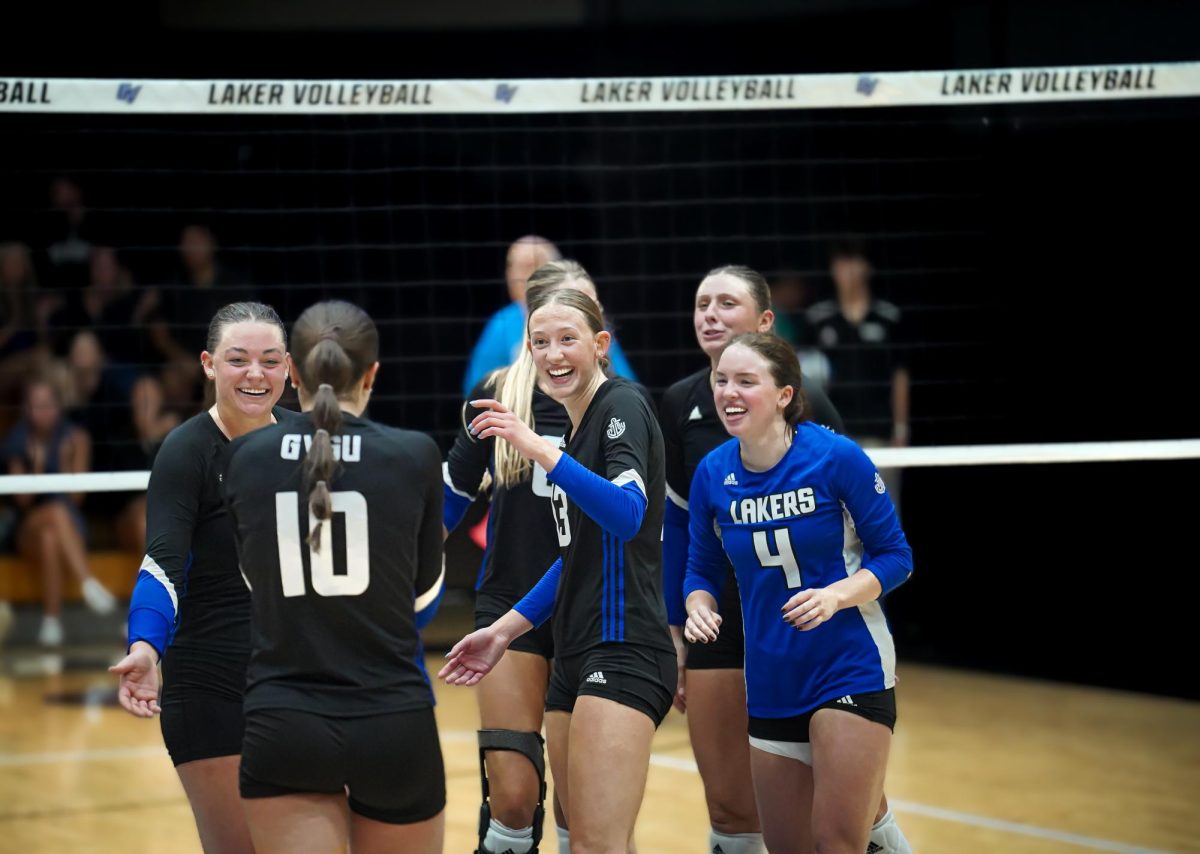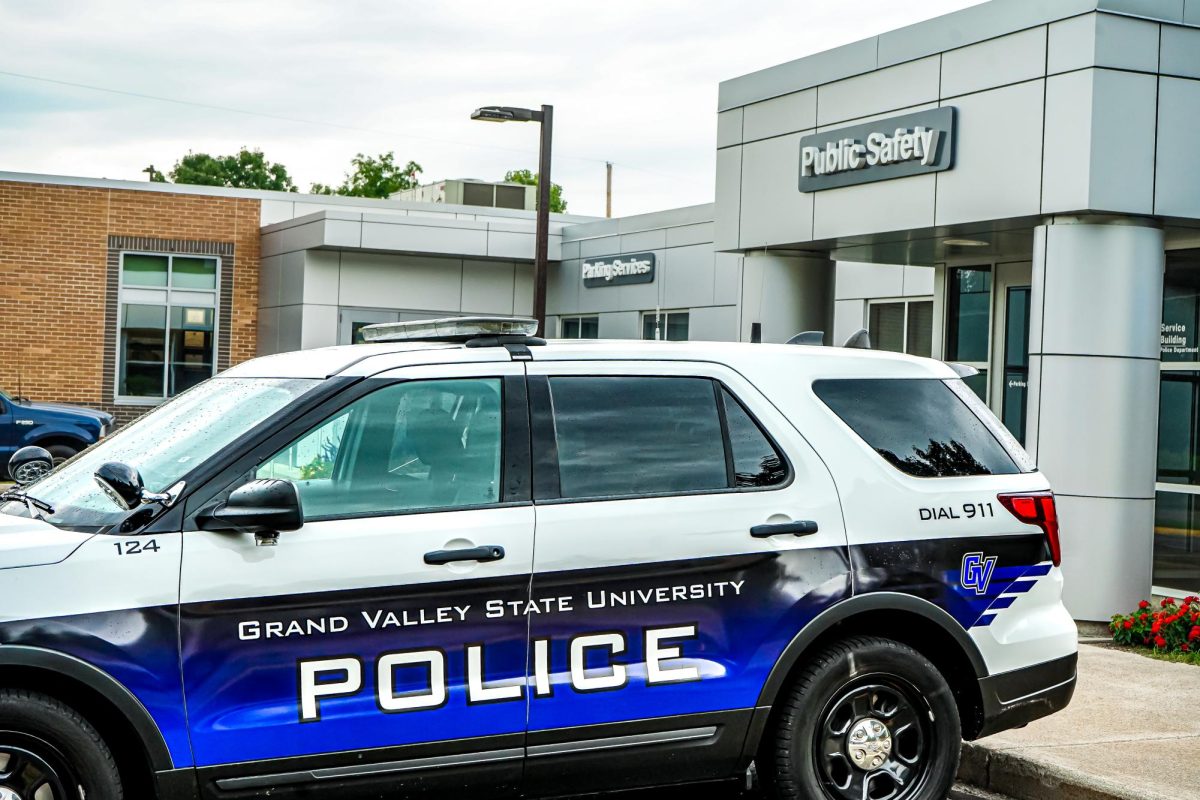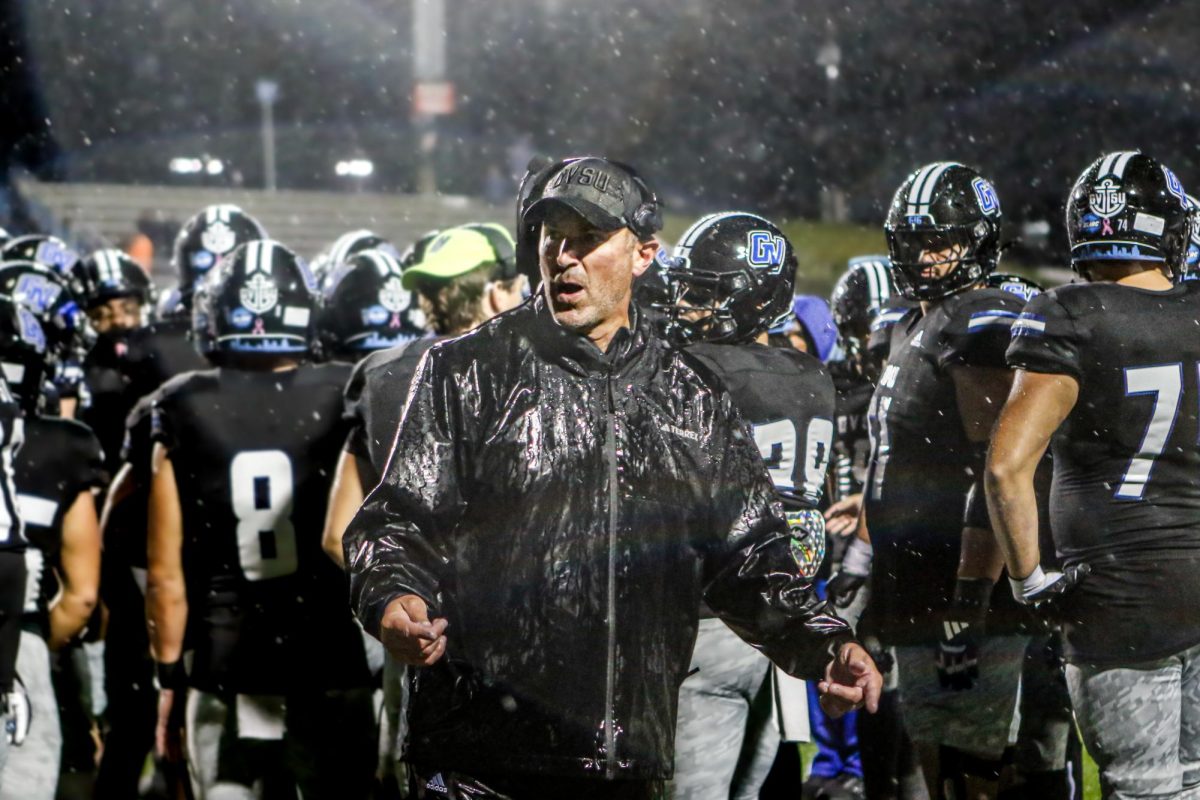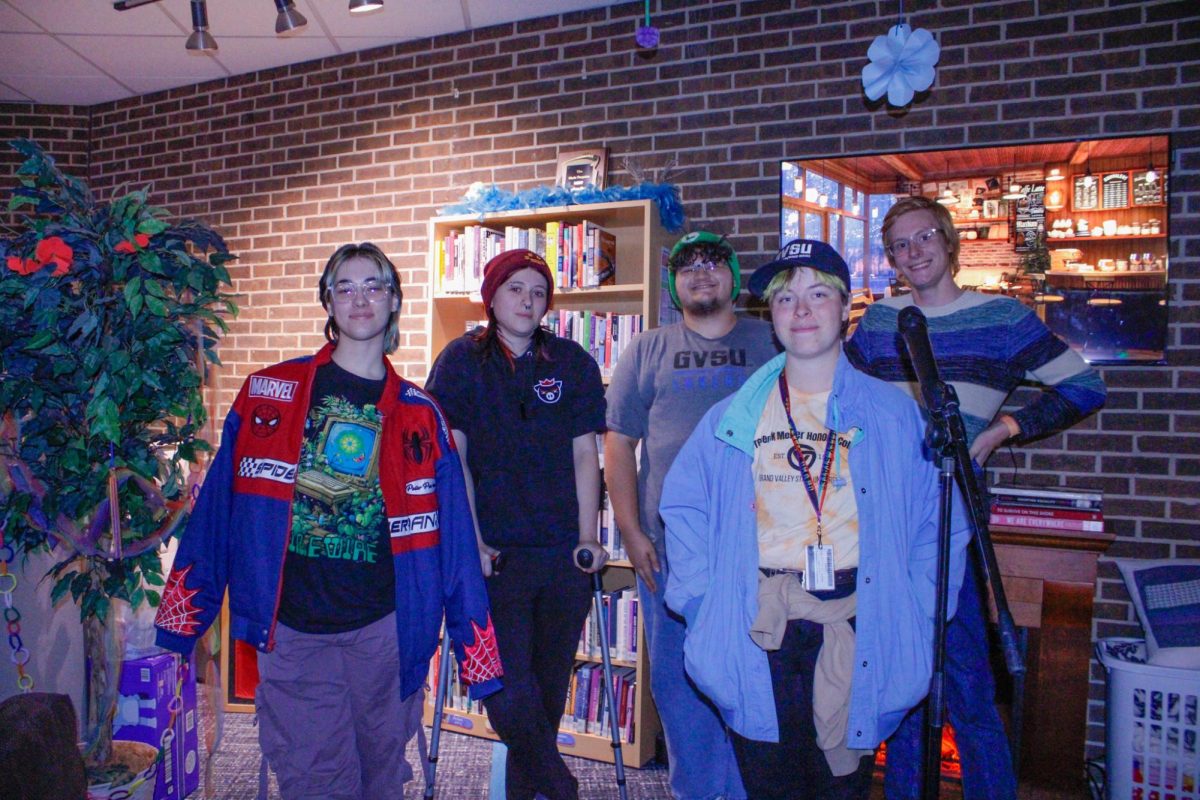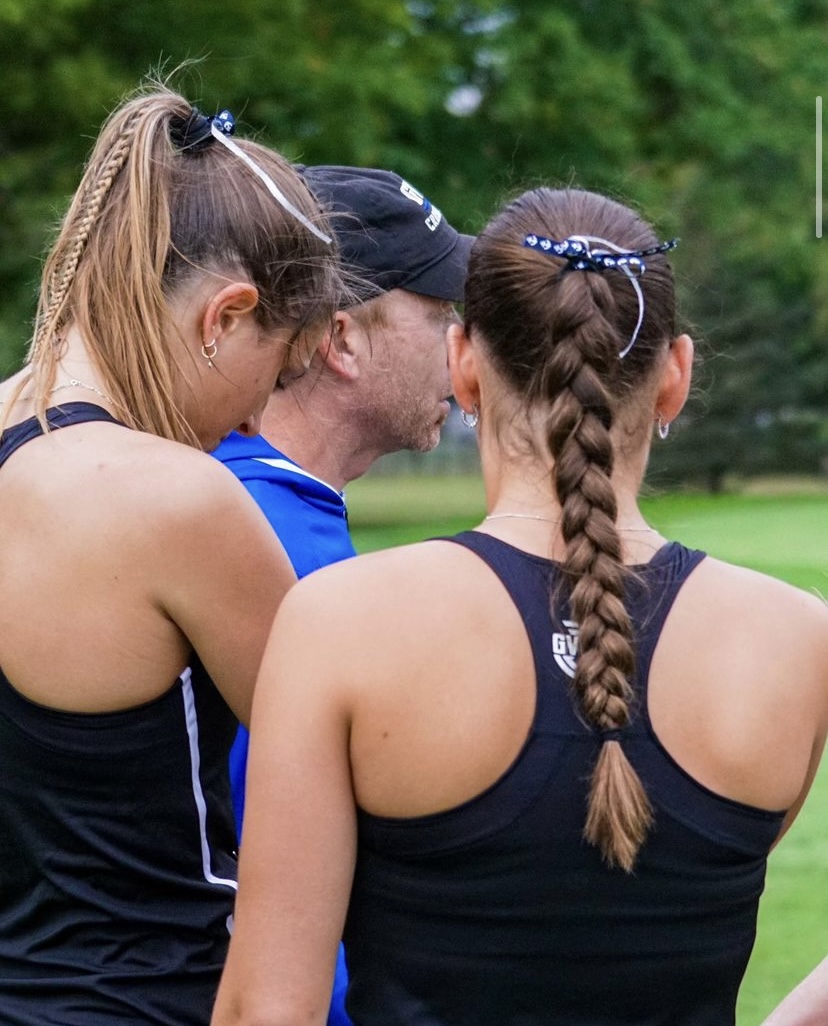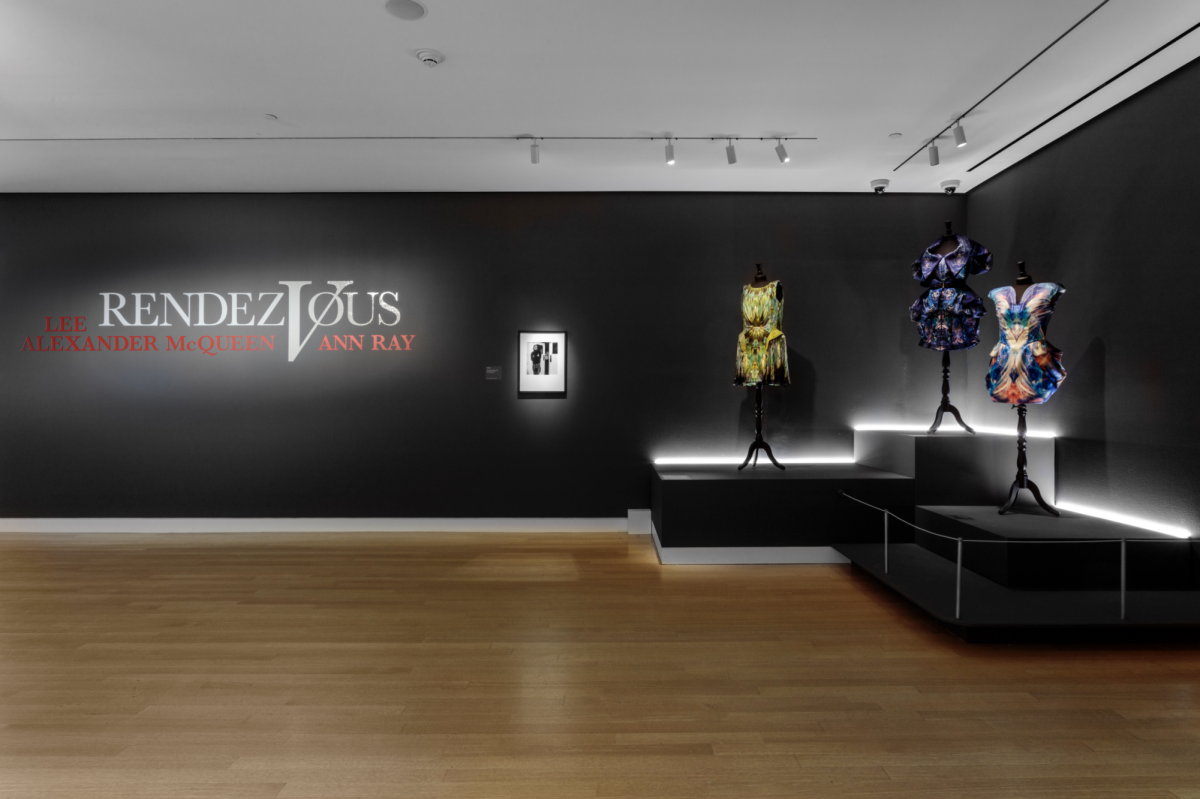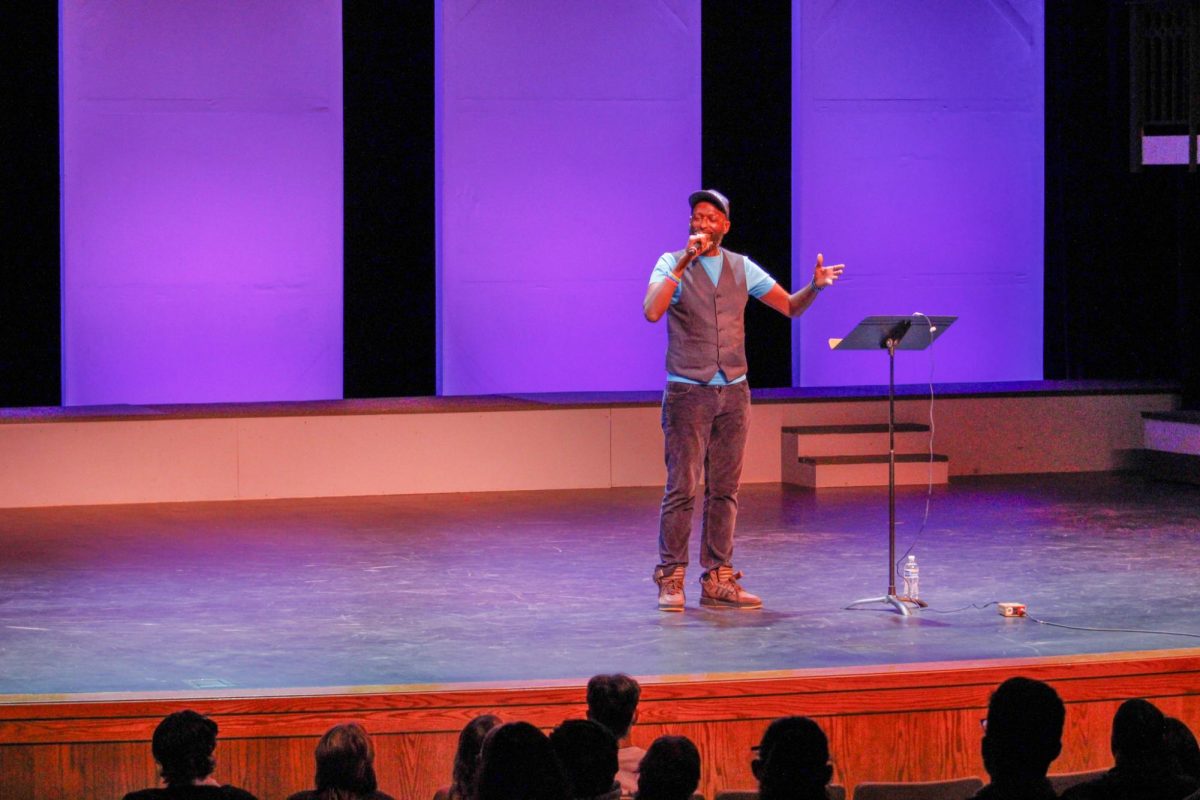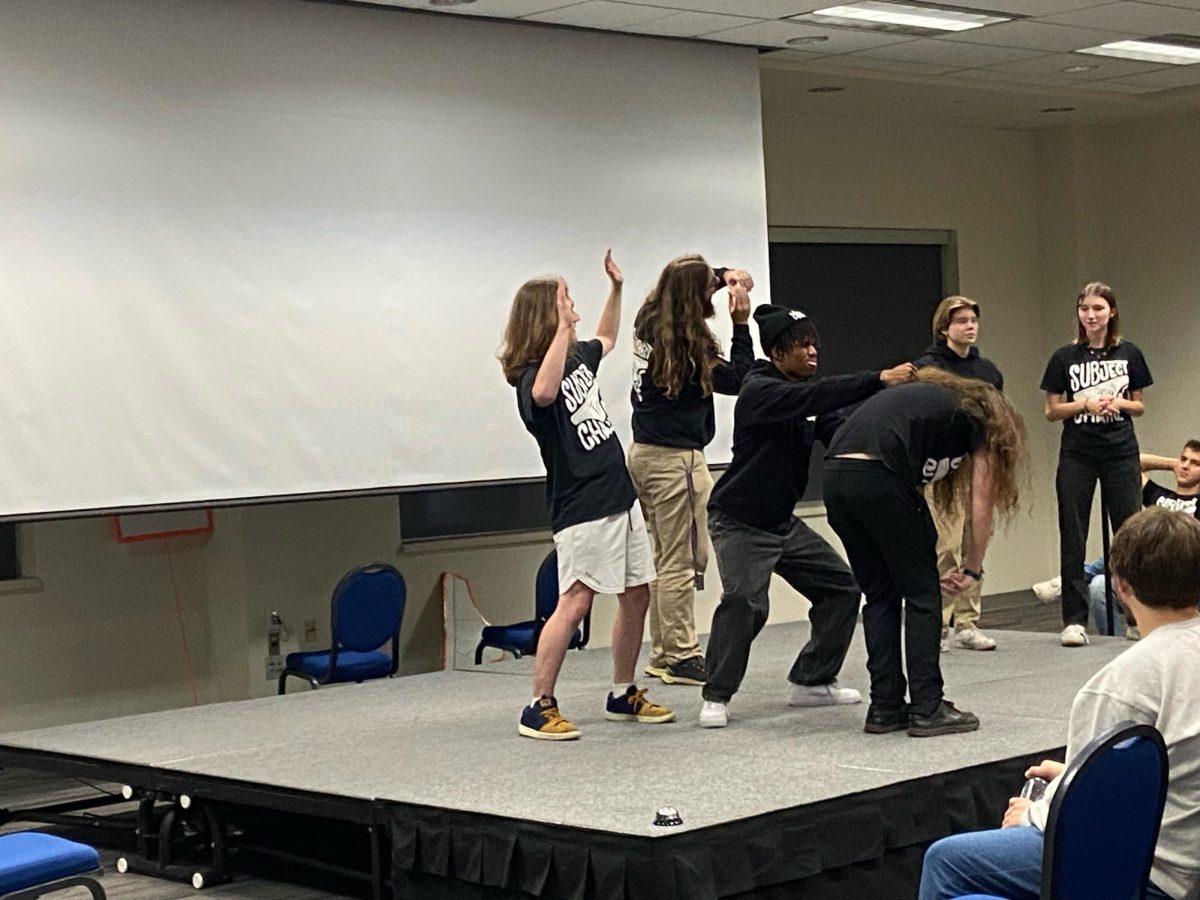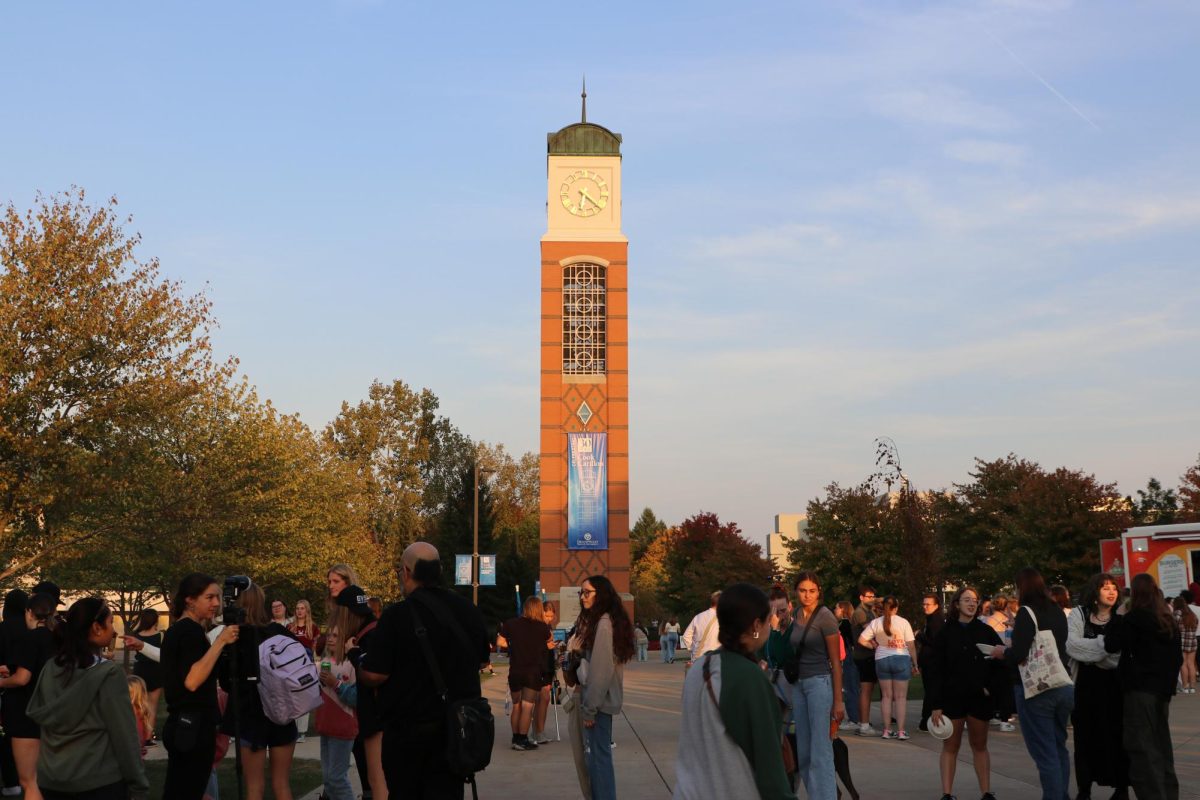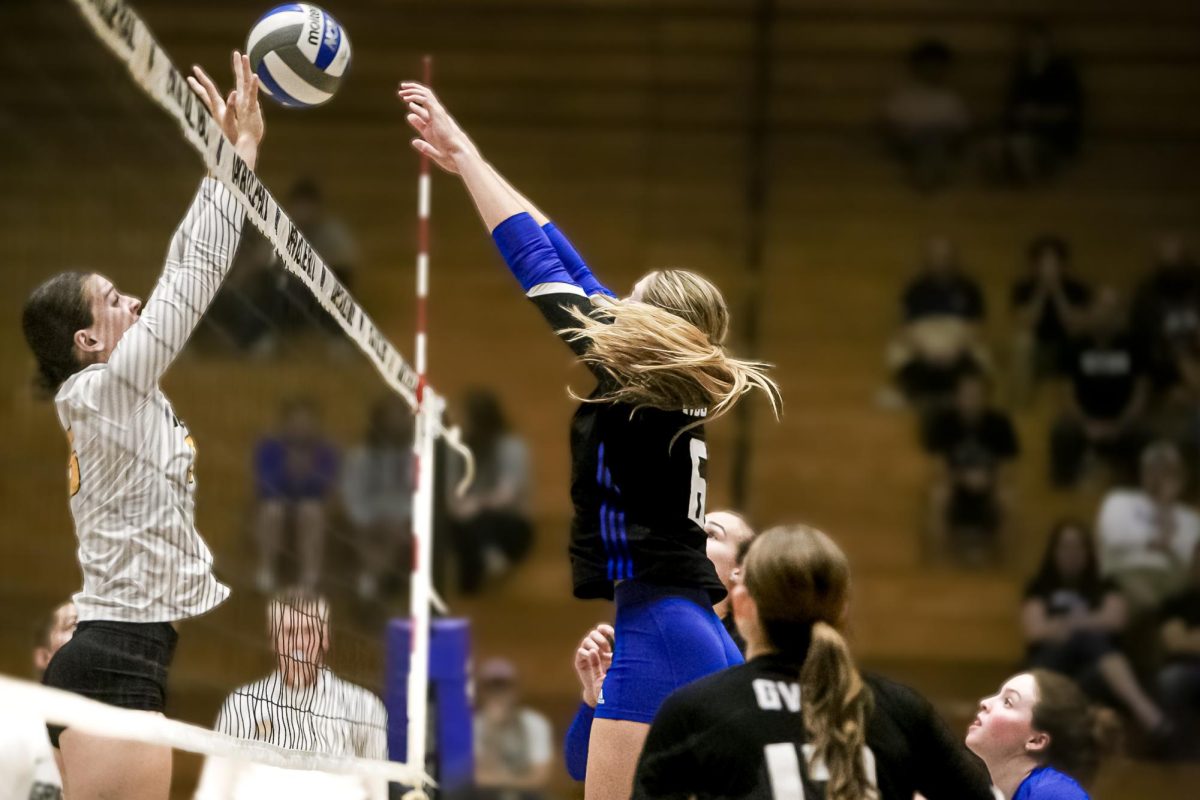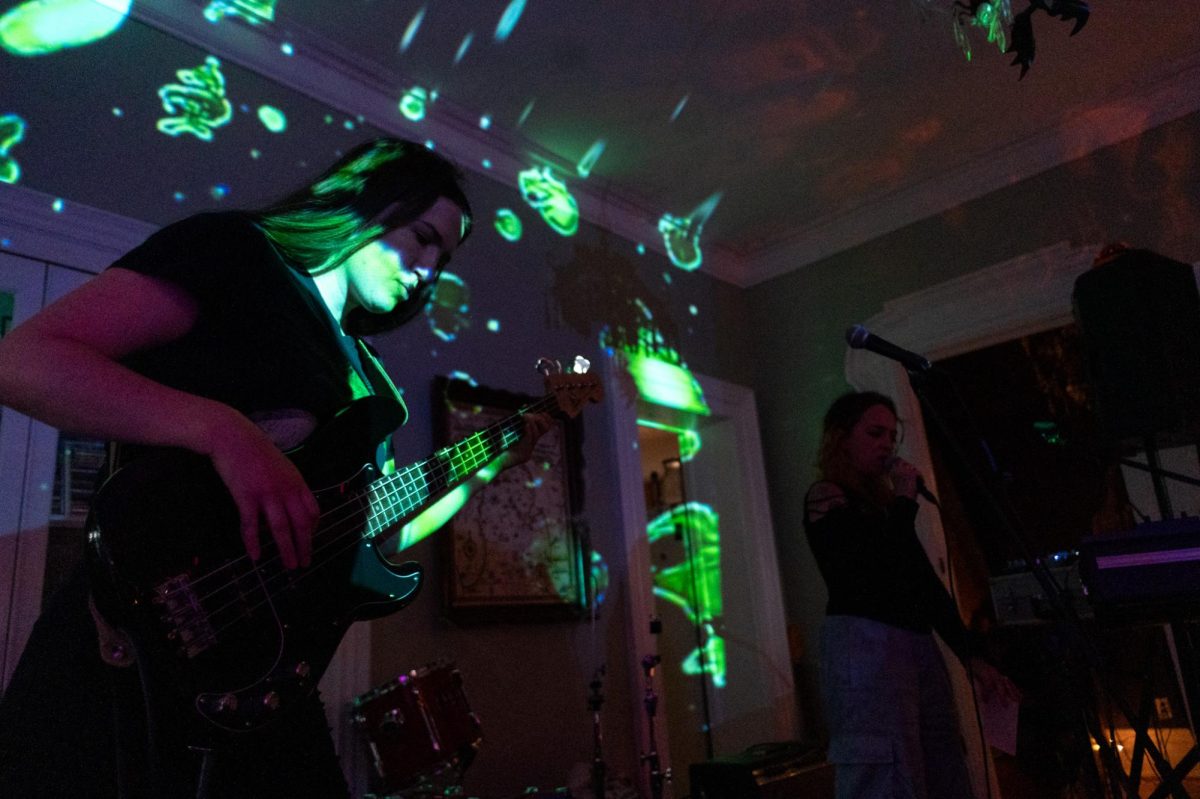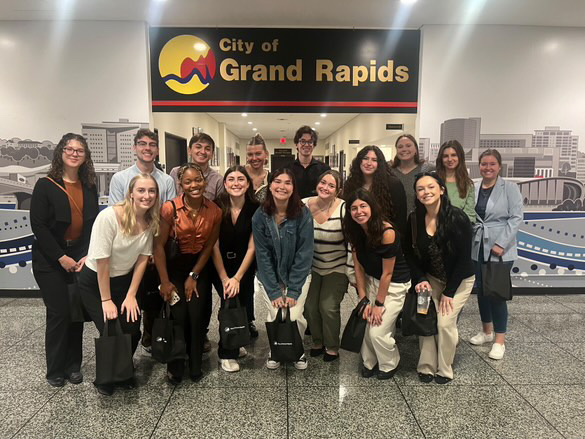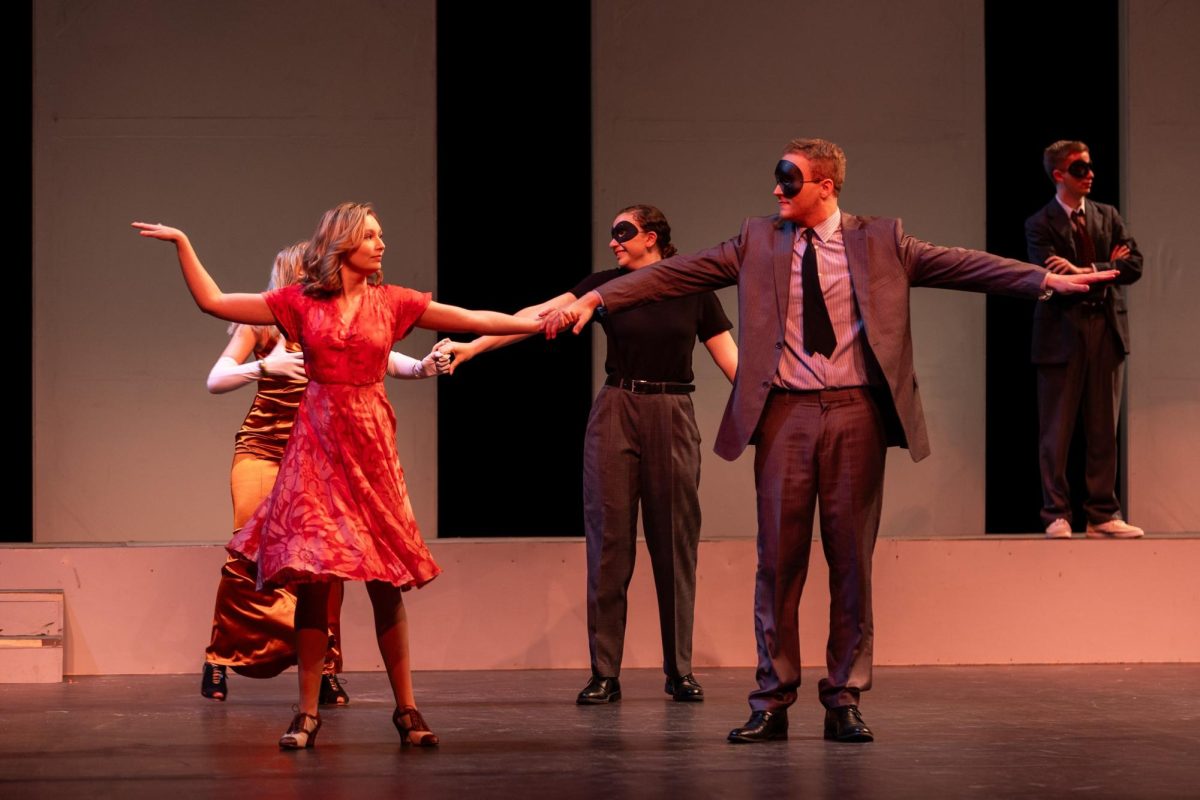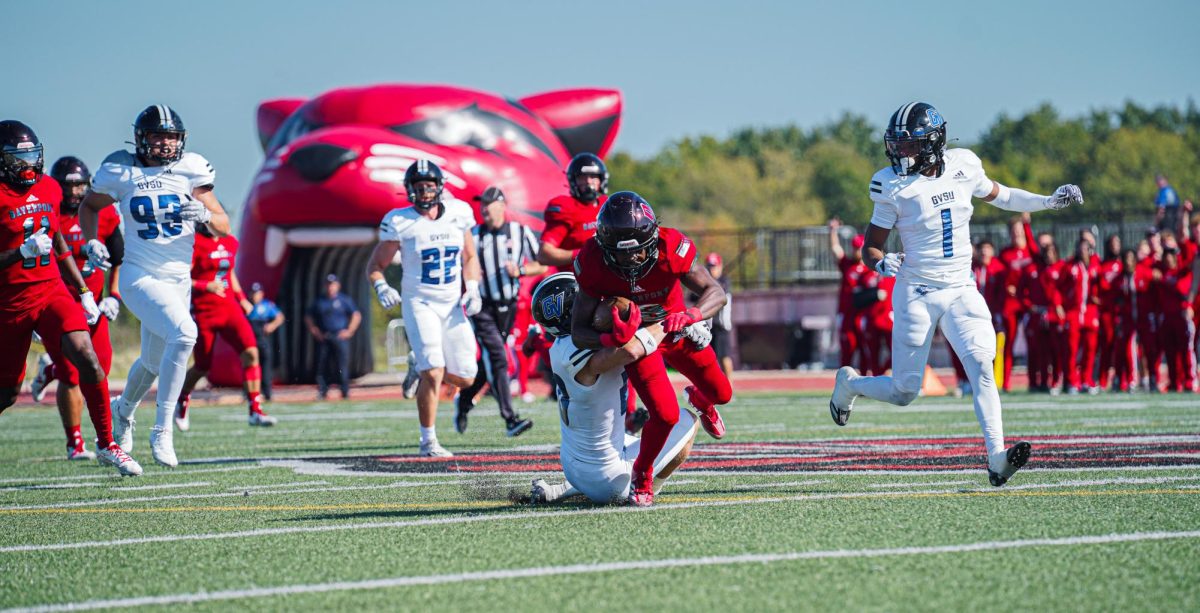BRINGING COMMUNITIES TOGETHER
Mar 16, 2014
Forget, for a second, the struggle for land and power that dates beyond your honored grandparents. Forget the blows you delivered your neighbor, and your neighbor to you. Forget the stories you were taught that the person you’re laughing and breaking bread with is supposed to be your enemy, that you’re supposed to hate them, and that, in this lifetime, either you will win the struggle, or they will.
This week, that’s exactly what two student groups did at Grand Valley State University when Hillel hosted the Muslim Student Association for the second annual Avi Shabbat — a dinner for Jewish and Muslim students to sit side-by-side, praise their shared God of Abraham and talk about their varying customs.
We want to applaud the MSA and Hillel for encouraging and initiating friendship between two worldwide communities known for their tense relationship and sometimes violent conflicts. Bringing together two seemingly opposed communities sets an inspiring example for people around the world, and here in our own community, to set aside differences and recognize the potential for friendship.
It should be noted that GVSU is not a utopia isolated from the rest of the universal community. It exists amid the same conflicts that the MSA and Hillel have identified and are working to counter. Just because the university fosters knowledge, its members, as we’ve seen in recent weeks, are not immune to stereotyping, to dehumanizing, to adopting ‘us versus them’ mentalities and to acting in ways that further the deadly divisions of the world.
Through their dinner, Hillel and the MSA have set an example for the rest of the GVSU community to follow. The groups have shown that learned opposition can be mitigated, positive relationships can be forged and peace can exist between differing peoples.
Already, the dinner has had an effect on students and we know that the efforts demonstrated by Hillel and MSA are worthwhile. In the Laker Life article, a student member of the MSA admitted that before coming to GVSU, she had a negative opinion of Jewish people. However, after getting to know several Jewish students and talking with them over dinner, she said her views have changed.
At the Lanthorn we believe this sort of example is of immense value to the campus community. If widespread change is ever to occur, the first step is to change our own generation. This dinner helped forge a bond between two very different communities and gave them a chance to have educated, peaceful discussions with each other. It was an important first step toward addressing an issue that desperately needs attention.
We also recognize though that more steps must be taken. While we are excited that these groups at GVSU were able to come together for a night, we know that worldwide conflict is not limited to religious issues. GVSU’s efforts to promote peace should not be limited either.
If we, in our classrooms, want to sit comfortably and talk about methods for peace and methods for bettering humanity, that’s fine — but that’s hardly enough. Let’s take our vision for the world beyond the classroom and translate theory to practice. If we want to see unity and peace in the world, GVSU is the place to start, and Hillel and the MSA have shown us that our Generation Y is capable of achieving that vision.
So, to the varying student groups and departments at GVSU, we want to encourage you to follow the lead of Hillel and the MSA to bring together people of varying opinions and to foster new friendships. Let’s be known as the model community whose efforts changed the world.



